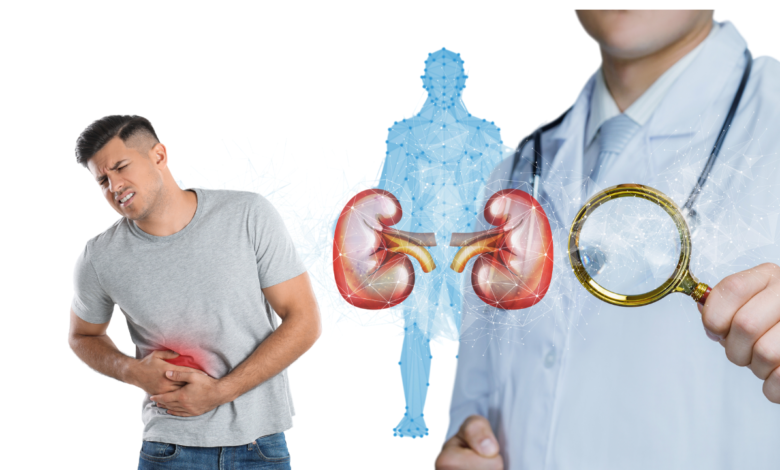Polycystic Kidney Disease: A disorder causing cysts to form in the kidneys.

What is the Polycystic Kidney Disease ?
Polycystic Kidney Disease (PKD) is a genetic disorder characterized by the growth of numerous fluid-filled cysts within the kidneys. These cysts can cause the kidneys to enlarge and eventually fail.
What are the symptom of Polycystic Kidney Disease?
· Pain in the sides or back
· High blood pressure
· Frequent urination
· Blood in the urine
· Urinary tract infections
· Kidney stones
· Fatigue
· Loss of appetite
· Nausea and vomiting
· Swelling in the legs or ankles
Who can suffer from Polycystic Kidney Disease?
PKD is a hereditary disorder that can be passed down from parents to their children. It can affect people of all ages, but symptoms often begin to appear in adulthood.
What are the type of Polycystic Kidney Disease ?
· Autosomal dominant polycystic kidney disease (ADPKD): This is the most common type of PKD, accounting for about 85% of cases. It is inherited as an autosomal dominant trait, meaning a person only needs one copy of the defective gene to develop the condition.
· Autosomal recessive polycystic kidney disease (ARPKD): This is a less common type of PKD that is inherited as an autosomal recessive trait. People with ARPKD typically develop kidney failure at a younger age than those with ADPKD.
Which diagnostic are available for the Polycystic Kidney Disease?
· Ultrasound: This imaging test can detect cysts in the kidneys.
· CT scan or MRI: These imaging tests can provide a more detailed view of the kidneys and cysts.
· Blood tests: Blood tests can evaluate kidney function and check for other abnormalities.
· Genetic testing: Genetic testing can confirm the diagnosis of PKD and determine the specific type.
What are the treatment of the Polycystic Kidney Disease ?
There is no cure for PKD, but treatment can help manage symptoms and slow the progression of the disease. Treatment may include:
- Medications: Medications can help control blood pressure, reduce pain, and prevent kidney stones.
- Dialysis: In advanced stages of PKD, dialysis may be necessary to filter waste products from the blood.
- Kidney transplantation: In some cases, a kidney transplant may be the best treatment option.
Which diet should I take ,if any ?
A healthy diet can help manage PKD. It’s important to limit sodium intake, maintain a healthy weight, and stay hydrated.
Which speciality of the doctor will Polycystic Kidney Disease?
A nephrologist is a doctor who specializes in treating kidney diseases, including PKD.
In Polycystic Kidney Disease completely curable ?
No, PKD is not a curable condition. However, with appropriate management, people with PKD can live relatively normal lives. In some cases, kidney transplantation can provide a cure.





